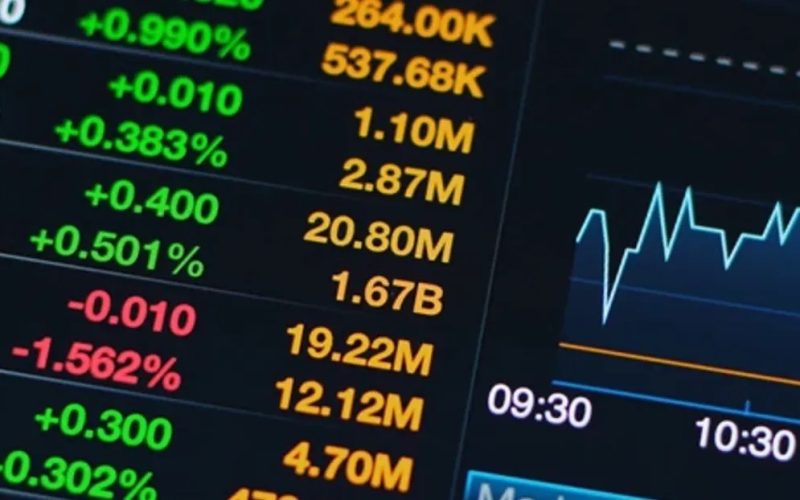by Michael Hasenstab, Ph.D., Portfolio Manager, Chief Investment Officer, Templeton Global Macro®, & Calvin Ho, Ph.D., Portfolio Manager, Director of Research, Templeton Global Macro
Key takeaways
August overview: August continued the recent trends of world trade adapting in the face of the current trade and tariff policy regime in the United States. Countries and blocs other than the United States are entering into trade agreements and seeking to deepen ties with each other. The United States announced some further trade deals and pronouncements on tariffs on particular countries, but it is increasingly clear that some negotiations still have months to play out. Some early effects of tariffs are visible in economic data—mostly in trade statistics—but the main impact on inflation and growth is likely yet to come. Recent inflation outcomes have been mixed. Growth-related data releases in the United States and Europe have been somewhat resilient but with an underlying weaker tone. Recent data for Japan lend further credence to the reflation trend underway there. It was a quiet month for monetary policy as many central banks do not hold August meetings; those that did varied between staying on hold and reducing rates. The USD dollar Index (USD DXY) weakened again in August and is now down almost 10% year-to-date. Sovereign bond yields showed mixed performance among both developed markets and emerging markets (EMs).
Outlook: Tariffs pose risks for cyclical outcomes encompassing a range of economic and financial market indicators, including growth, inflation and interest rates. Near-term politically related challenges for financial markets to digest include a confidence vote in France and the risk of a US government shutdown at the end of the month. Fiscal policy across a range of countries, including the main developed markets, remains a key structural concern. We believe the USD remains broadly overvalued and we continue to expect weakening over the medium term. Though risks have risen for EMs around US trade and tariff policy, we remain constructive on select countries within the asset class. Globalization is still proceeding, though the shape of it is changing as new trade agreements are formed, and a number of EMs are well-placed here. We also remain constructive on select developed markets.
Continue reading further by downloading the PDF, which highlights the Templeton Global Macro team’s market and economic overview, and outlook for the month.
Copyright © Franklin Templeton













